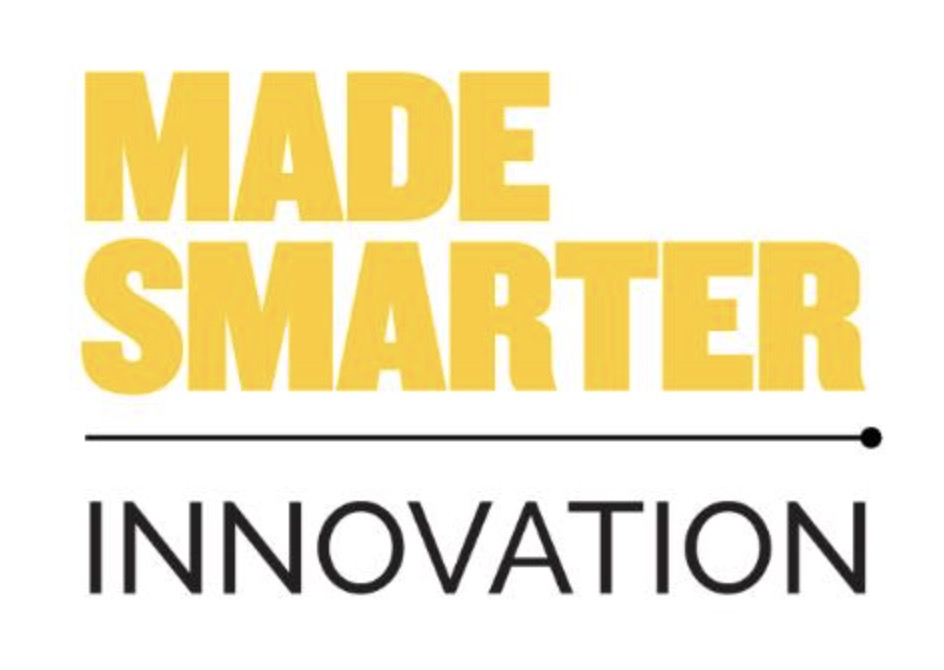Case studies
Making fashion more sustainable with Madeby’s digital product passports
Madeby Planet Earth has developed an innovative technology platform that supports fashion and textile companies adopt more sustainable practices through the use of Digital Product Passports (DPPs) or Digital IDs. With funding from the Made Smarter Innovation | Digital Supply Chain Hub programme, Madeby progressed the development of product unit level traceability, a game-changer for tracking each item from start to finish, making it easier to reuse materials and driving value in the circular ec…
Join Digital Supply Chain Hub to access this content
Connect to a community of people, technologies, and resources to share solutions and build more efficient, resilient and sustainable supply chains.
Sign up for free



